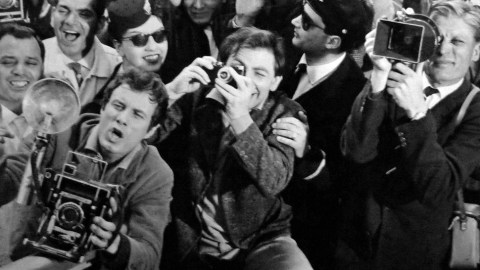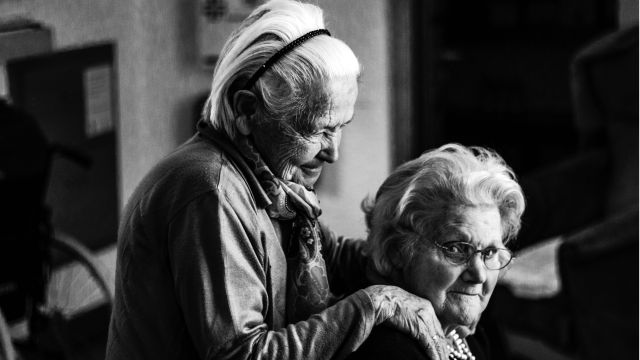Photographs actually impair your memory of an event, rather than support it

Photography is a noble hobby, and a worthy profession. The greats—like the late Henri Cartier-Bresson and Garry Winogrand—knew how to take a seemingly innocuous moment of daily life and make it art. But the other 99.9999% of photography doesn’t reach such lofty goals. In actual fact, most photos are throwaway. In 2014 alone, 1.8 billion photos were uploaded to the internet every day… meaning that 617 billion photographs were uploaded that year.
And why are we taking and uploading so many pictures? That’s not for me, a lowly editor, to say. There’s probably some reason having to do with wanting to leave an impression on this world, proving that we lived, that we were there, and that, yes, we existed. Yada yada yada, sands of time, etc.
But that’s not exactly the case, as it looks like we might be doing all this work for very little. A study from UC Santa Cruz shows that photographs don’t actually present the truth of the moment: they actually distort it.
The reason? Cognitive offloading. It’s the reason why diarying is an effective therapeutic technique: we encode our memories and therefore preserve them. It turns out that photographing gives the photographer significantly less need to encode (i.e. we tend to put more mental stock, if you will, into the photograph that we just took rather than actually encoding the memory ourselves).
In one experiment, two study groups were given 10-15 seconds to memorize paintings, one group used Snapchat (ephemeral pictures) to document the paintings, the other was given the regular iPhone camera/pictures app. That 2nd group was told right before the memory test that they wouldn’t able to use the pictures. In the second experiment, the Snapchat group was instructed to delete the photos manually after 15 seconds, and the 2nd group was given 15 seconds of viewing time after they had taken a picture.
In both experiments, the groups seemed to rely more heavily on the photos than their own memory. The conclusion the study reached was that 62.5% of the participants thought that they remembered more about the paintings than the post-viewing test showed, while only 19% of the participants realized that their photography actually lessened the experience of memorizing the photos.
Confused as to what Snapchat and iPhones have to do with photography and memory? This paragraph from the study does an excellent job of summing it up:
Although speculative, one possible interpretation of this finding is that participants suffered from a sort of metacognitive illusion. Specifically, photo-taking may have given participants a subjective sense of encoding fluency, leading them to think they had already encoded the objects—not only via the camera but via their own organic memory—thus rendering them less likely to put additional effort toward encoding the objects in the time that followed. Said differently, photo-taking may have led participants to think that they had already encoded the paintings, making them less likely to employ the type of encoding strategies that would have been useful for improving memory
Full disclosure and shameless plug: I’m a photographer. I can attest, at least on the anecdotal level, that if you’re using a camera to replace or supplement your memory it’ll skew the whole experience. But if you’re using a camera to create art, to paint a picture, if you will, then that photograph will hold a lot more water than a casual snapshot. It only takes this one Garry Winogrand picture to prove my point.





